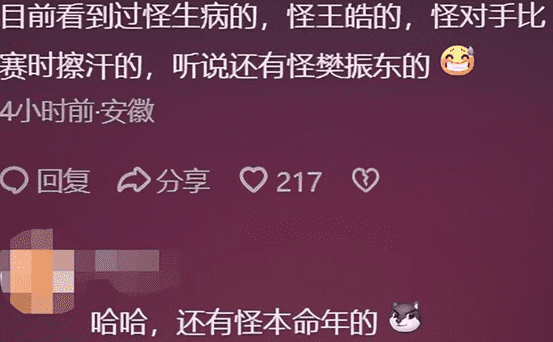Wang Chuqin, a name that resonates with Chinese table tennis enthusiasts, is hailed as a prodigy and the hope for the future of national table tennis. However, recent events surrounding him have been more about skepticism, criticism, and even abuse, all stemming from the double-edged sword known as "internet idolization." In his early days, Wang Chuqin made a bold entrance, challenging and defeating the "Hexagon Warrior" Ma Long at the age of 15, and becoming the first post-00s world champion at 18. Such achievements quickly elevated him to the status of a "god" in the hearts of fans, with predictions of him becoming the next legendary figure in national table tennis. Praise and adulation poured in, placing him on a pedestal. However, the allure of competitive sports lies in its unpredictability; there are no permanent winners or losers. The ups and downs of an athlete's performance are part and parcel of the sport. Wang Chuqin experienced this firsthand after the Paris Olympics, where his form fluctuated, resulting in several losses. This is a normal occurrence in sports, yet for those who had deified him, it was unacceptable. The tide turned from adulation to harsh criticism and accusations, with some even suggesting he was involved in match-fixing. The once-celebratory voices now became sharp blades directed at the young athlete. Wang Chuqin's experience is not unique. Many athletes have become victims of internet idolization. For instance, after Chen Meng defeated Sun Yingsha to win the women's singles title at the Tokyo Olympics, she faced unwarranted attacks due to Sun Yingsha's higher popularity.…
